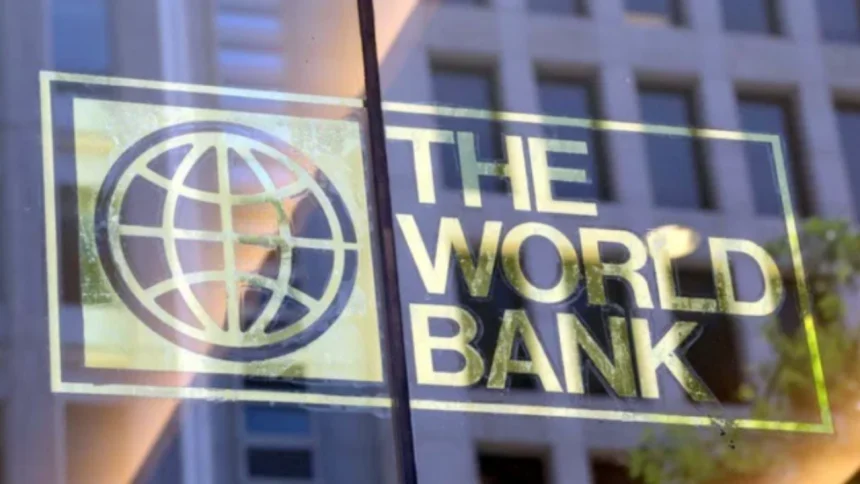The World Bank has highlighted significant challenges facing developing economies, including high debt burdens, aging populations, and rising protectionism in advanced countries.
The COVID-19 crisis has exacerbated these issues, increasing tendencies toward protectionism and leading to a two-track global growth pattern.

The report notes that the emergence of Donald Trump and his ‘America First’ economic philosophy could further entrench self-preservation policies amidst growing economic challenges. The World Development Report expresses concern over how this shift towards protectionism could impact vulnerable economies and hinder efforts to bridge global inequality gaps.
The report also underscores the issues of aging populations and rising debt burdens, which affect productivity and growth in low- and middle-income countries. Nigeria, for instance, has struggled with these challenges over the past decade.
READ ALSO: Ukraine Signs Memorandum with World Bank to Enhance Housing Market
In addition to these concerns, the report highlights the difficulty developing countries face in achieving high-income status due to these economic pressures. Since the 1990s, only 34 middle-income economies have successfully transitioned to high-income status, while 108 have remained stagnant.
The World Bank suggests that policies prioritizing investment, innovation, and merit-based rewards are crucial for breaking out of the middle-income trap. However, many developing countries, including Nigeria, face obstacles such as harsh policies, multiple taxation, and vested interests that hinder these efforts.
READ ALSO: Nigeria Bags $2.7B World Bank Boost as Debt Costs Soar Under Tinubu
The report stresses the importance of disciplining vested interests and modernizing policies and institutions to facilitate economic growth. It recommends competition regimes that encourage new entrants without unduly favoring small- and medium-sized enterprises or vilifying large corporations.



